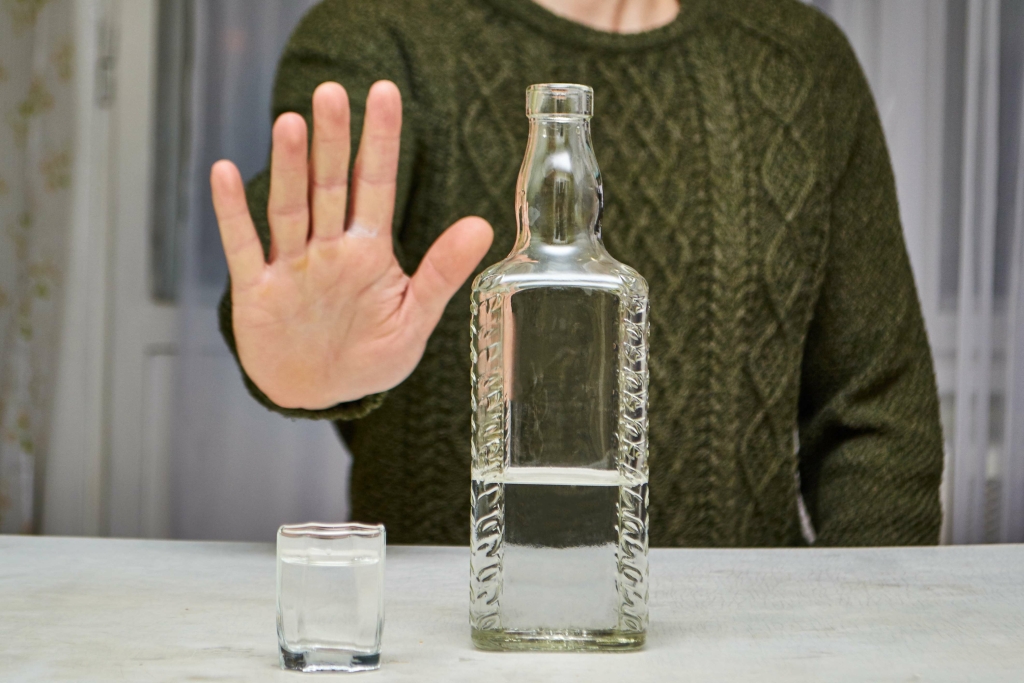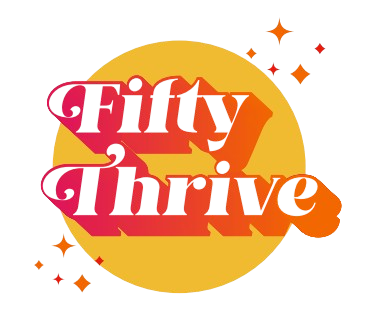As much as you love the person with the drinking problem and as upsetting as it can be to watch them struggle with their addiction, there’s only so much you can do. You can’t monitor their behavior around the clock, make all their decisions for them, or allow their problems to take over your life. You are not your loved one’s therapist or AA mentor, so don’t try to take on those responsibilities. Depending on the level of your loved one’s problem—and how much control they have over their drinking—they may be able to reduce their alcohol intake to a healthier level rather than quit altogether. Dealing with a loved one’s alcohol abuse or alcoholism can be painful and challenging for the whole family, but there is help available.
Tip 5: Help a teen who’s abusing alcohol
Drinking too much alcohol can weaken the immune system, making the body a much easier target for disease. Drinking a lot on a single occasion slows the body’s ability to ward off infections–even up to 24 hours later. The National Institute on Alcohol Abuse and Alcoholism categories low-risk drinking as 14 or fewer drinks a week for men and 7 or fewer drinks a week for women. A woman who has a drink a day is different from one who has three drinks on Friday and four on Saturday.
Effects of long-term alcohol use
If you find yourself relying on alcohol to manage stress, anxiety, or sadness during social gatherings, it’s a red flag. Drinking to mask emotions is a key characteristic of problematic drinking and can lead to alcohol dependence over time. Alcohol dependency is a chronic condition characterized by the compulsive need to drink despite harmful consequences. Over time, the brain and body adapt to regular alcohol consumption, creating both physical and psychological dependence.
Alcohol’s Effects on the Body
Drinking too much – on a single occasion or over time – can take a serious toll on your health. The whole body is affected by alcohol use–not just the liver, but also the brain, gut, pancreas, lungs, cardiovascular system, immune system, and more. Your teen should understand that drinking alcohol comes with specific consequences. But don’t make hollow threats or set rules that you cannot enforce.

An alcoholic will experience intense cravings and will continue to drink despite the negative consequences. Getting together for a few drinks with friends from time to time is a common social outing for many people. Some people may have a drink to unwind or to feel more sociable. People who drink heavily over a long period of time Substance abuse are also more likely to develop pneumonia or tuberculosis than the general population. The World Health Organization (WHO) links about 8.1 percent of all tuberculosis cases worldwide to alcohol consumption.
Recognizing early signs of trouble, and taking preventive measures can make a significant difference in one’s life. However, if you find yourself struggling to manage your drinking habits despite these strategies, it may be time to seek professional help. Resources such as Advanced Addiction Center, which specializes in alcohol rehab in Massachusetts, can provide the necessary support and treatment for those looking to make a change in their relationship with alcohol. When considering how to reduce alcohol intake, adopting effective strategies for safer drinking is crucial.
However, what starts as casual drinking can spiral into heavy drinking, binge drinking, or other unhealthy drinking habits that can disrupt our daily life and well-being. When the term “high-functioning alcoholic” is mentioned, various types of drinkers often begin to question their own drinking and worry if they fall into this category. Part of this confusion is that many individuals are unclear about the differences between social drinkers, problem drinkers, and alcoholics. There is also a lack of awareness of what the true warning signs of alcoholism are. In this situation it can be dangerous to stop drinking completely or too quickly without medical support. Chronic alcohol consumption can lead to unemployment, as job performance deteriorates due to dependence-related absenteeism or erratic behavior.
- The best treatment option for your loved one depends largely on the depth of their drinking problem, the stability of their living situation, and any other health issues they may be facing.
- Our writers and reviewers are experienced professionals in medicine, addiction treatment, and healthcare.
- Keep reading for more information on how alcohol can affect your body.
- Instead of drinking as a social activity, problem drinkers spend a lot of time drinking alone.
- When you spend time together, try to suggest activities that don’t involve alcohol.

Americans may not have invented binge drinking, but we have a solid claim to bingeing alone, which was almost unheard-of in the Old World. Distilled alcohol is recent—it became widespread in China in the 13th century and in Europe from the 16th to 18th centuries—and a different beast from what came before it. Fallen grapes that have fermented on the ground are about 3 percent alcohol by volume.
Social drinkers usually consume alcohol occasionally and in low amounts, without significant negative consequences. They can take it or leave it, and rarely need to drink outside of social settings. But Brewer says it’s important to understand that the excessive drinkers who are not alcohol dependent are unlikely to need addiction treatment.
Missing work, neglecting responsibilities, or getting into conflicts with loved ones due to your drinking habits are clear indications that alcohol is taking a harmful toll. While social drinking typically occurs with others, alcohol dependency often drives individuals to drink alone or hide their consumption. At Absolute Awakenings, we understand how blurry the line between social and problem drinking can be. Recognizing the signs early can help you or a loved one avoid long-term https://ecosoberhouse.com/ consequences and get the support needed to build a healthier future. Alcohol consumption is deeply ingrained in many cultures worldwide.
Signs and symptoms
But it’s important to remember that you still have a major impact on the choices that your child social drinking problem makes, especially during their preteen and early teen years. Being in certain situations or interacting with specific people can lead to alcohol cravings. For instance, walking near their favorite bar could trigger a desire to drink, or a certain coworker may put pressure on them to drink.
